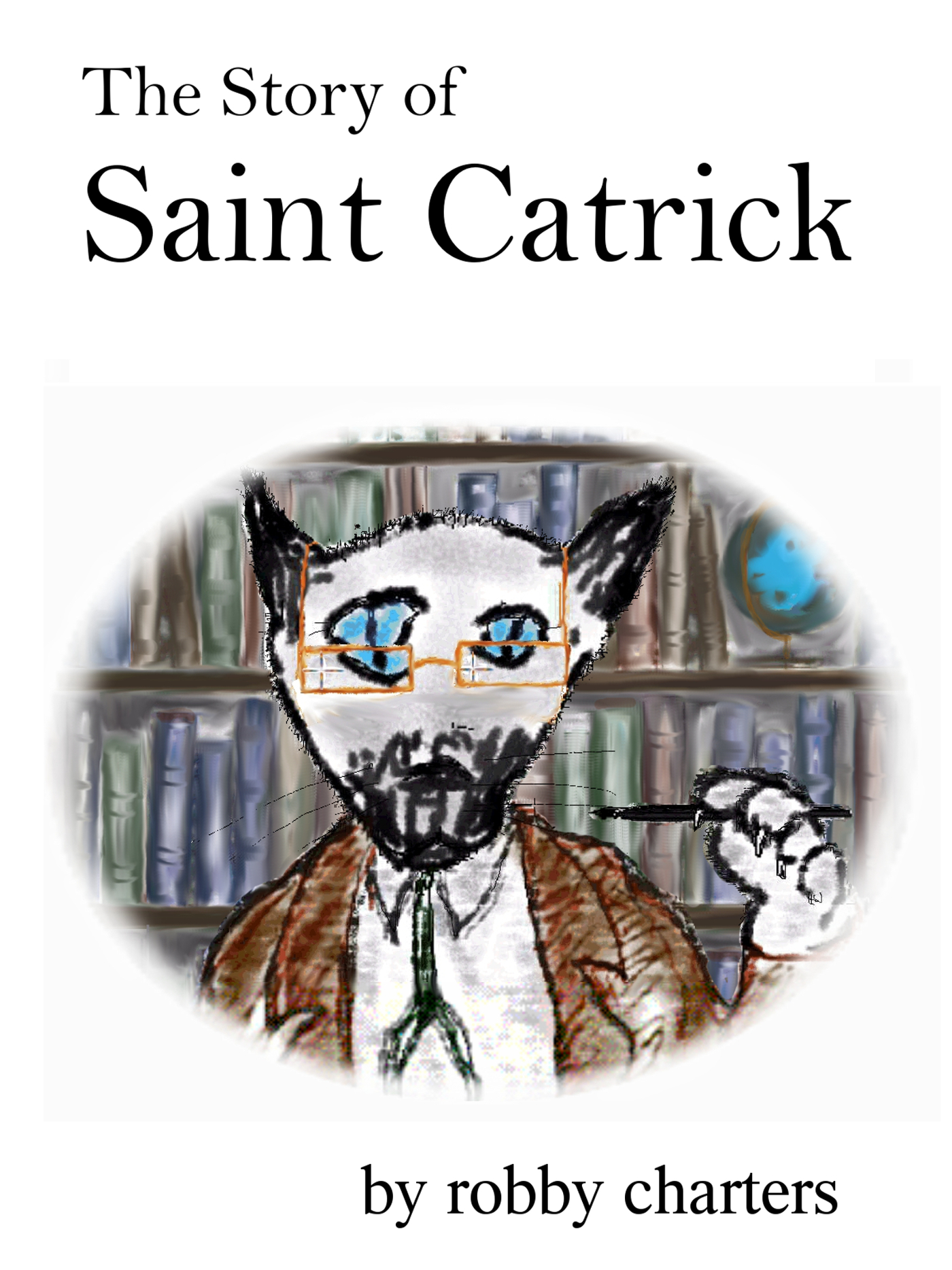
|
AVAILABLE on |
Dr. Catrick is a professor at the Feline University in Catropolis. As a young cat, he had a life changing experience that set him on his mission in life, to proclaim that animal species can and should live in harmony. But his timing couldn’t be worse: the rodents are rising up against cat rule and every self-respecting cat is expected to stand with their species. Catrick and his friends encounter political agendas, prejudices, and countless other reasons for not doing the obvious.
If you'd enjoy a combination of Wind in the Willows or Stewart Little with the biting social edge of Animal Farm, you'll love this one.Reviews:
"As one reads this book there are many different things that can come to ones mind ... the getto wars between different gangs or ethnic groups. The Nazis and the Jews, The revolts in Ireland, or the Blacks versus the Whites. About peace makers or what one has to face in this generation. Using the animals instead of people the author has written this in such a way as one can let their imagination take them to places that could relate to them in some manner..."
-- Lynn at Goodreads.com
"...It's like a chapter from Foxe's Book of Martyrs rewritten by the scriptwriters from The Lion King with a dash - just a dash - of Animal Farm..."
-- a GoodReads reviewer